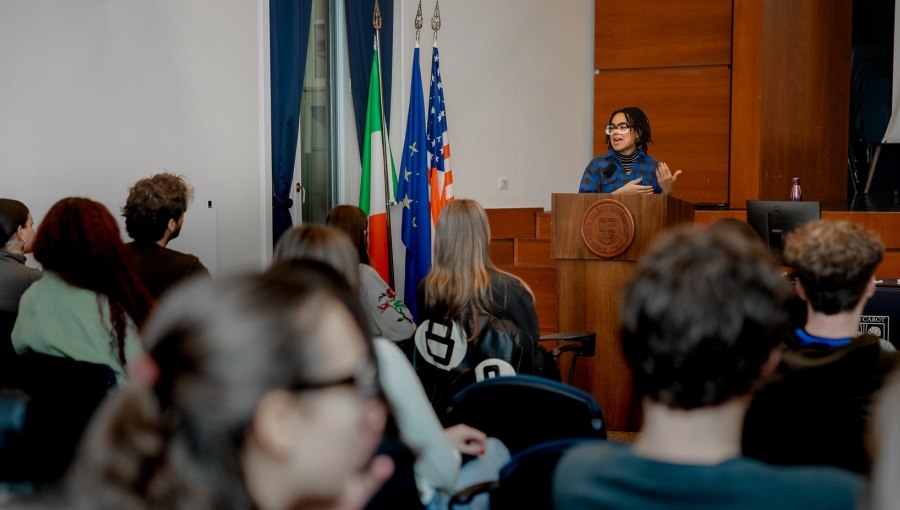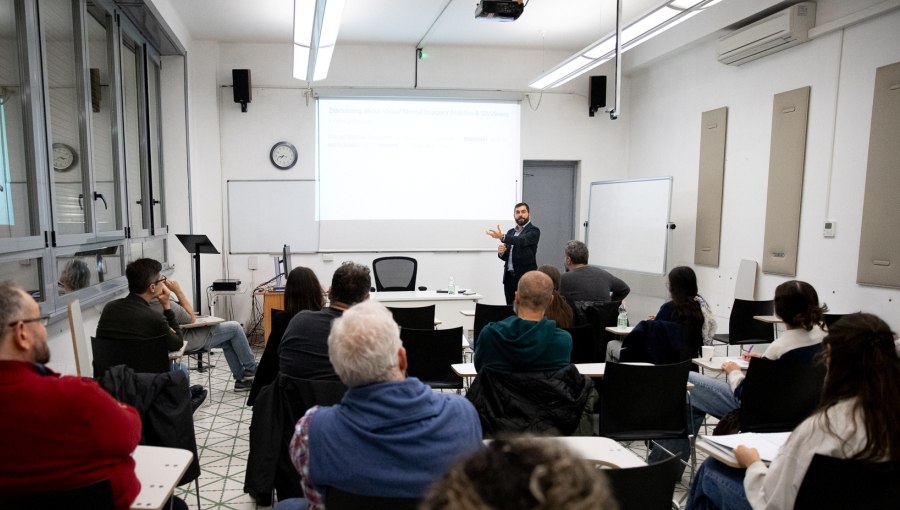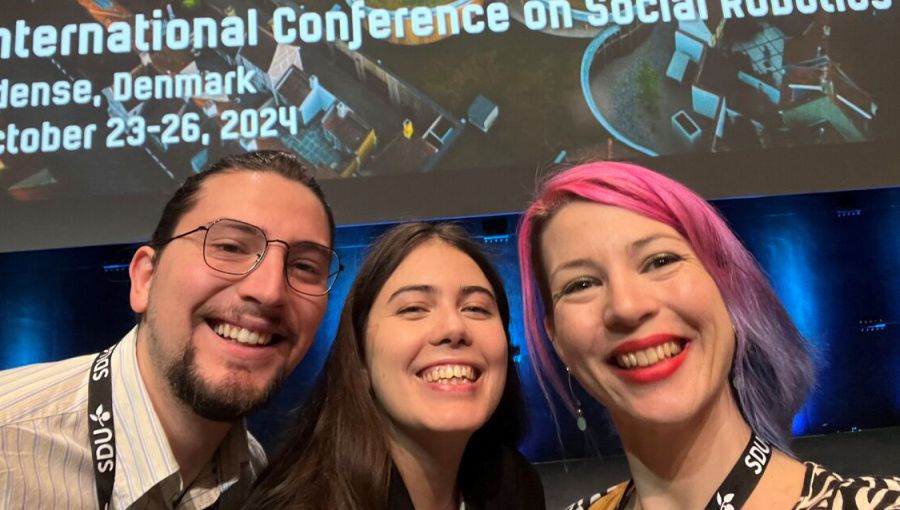Sweeping Populisms: Guarini Institute Distinguished Lecture by Yves Mény
By Nastassja Biles and Flavia Loner
On Wednesday, March 22, the Guarini Institute for Public Affairs Distinguished Lecture Series presented internationally renowned political scientist Yves Mény for the talk “Sweeping Populisms: The Case of the French Presidential Election.” Mény is a pioneer in the analysis of populism and was introduced by Guarini Institute Director Professor Federigo Argentieri.
Mény first analyzed the concept of populism in 1995 in his book Par le peuple, pour le peuple – Populisme et démocratie, At the time, the debate on the topic was focused around controversial Italian politicians Silvio Berlusconi and the leader of the Northern League, Umberto Bossi, along with French National front leader Jean-Marie Le Pen and far-right Austrian politician Joerg Haider. Very few people foresaw the success of populism on the current European political stage.
In Mény’s opinion, populism is a direct consequence of corruption. In 1995, the French establishment was faced by numerous conflicts of interests. The same issues seem to replicate in the current French political arena. For instance, Republican Presidential candidate François Fillon “paid his wife and children hundreds of thousands of euros from the public payroll for little or no work,” reported the New York Times.
According to Mény, populism is about charismatic leadership and “catch-all” policies swinging between the left and right. Deep cultural and social changes have been influenced by populism. Each candidate running for president has borrowed some populist rhetoric. American candidates can never forget that “we the people” is a central element. For instance, Barack Obama’s campaign slogan was “Yes we can.”
Europe, however, is different, since there has always been a compromise between the sovereignty of the people and the nation. The French Constitution has populist elements rooted in the text itself, such as referendums and the direct election of the President. France achieved a compromise: sovereignty belongs both to the nation and the people.
In the last decades, fewer people have been voting in national elections in Europe. One of the reasons might be a certain rejection of traditional political parties, which many people feel do not properly represent them. Moreover, governments today have to deal with international factors they have no power over, like international trade and supranational organizations. These factors are strongly questioned by the poorest bracket of the population. Populism is a reaction to the corruption in the political system and to the discontent caused by the belief that government does not deal with the issues the poor are most concerned about.
International trade and democracy are important parts of liberal democracy. Nevertheless, the cohesion of the two is fading away. Nowadays, the market is much stronger and influential than democracy and government. Another problem is that there has been a collapse of political parties in Europe. There is no longer a strong separation between left and right; parties are becoming more and more similar.
The French love strong leaders. They have a tradition of authority, are not good at creating communities, and are extremely individualistic. Nevertheless, they are good at making coalitions against their leaders; France loves revolutions and radical change. Why does France have such a strong populist movement? French populist movements propose extremely radical ideas that no other major populist party in Europe dares to express. In the last years, every political party has borrowed some parts of the populist rhetoric pushing for some kind of regulation on globalization. It is common to call for more attention to be paid to how events and actions in one country affect others (e.g. closing borders).
No one can foresee the outcome of the French elections but surely, according to Mény, if Marine Le Pen should win, the repercussions will echo all over Europe.







